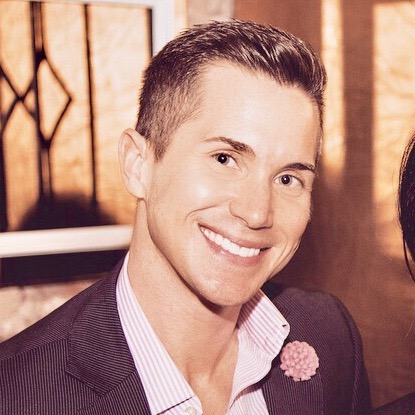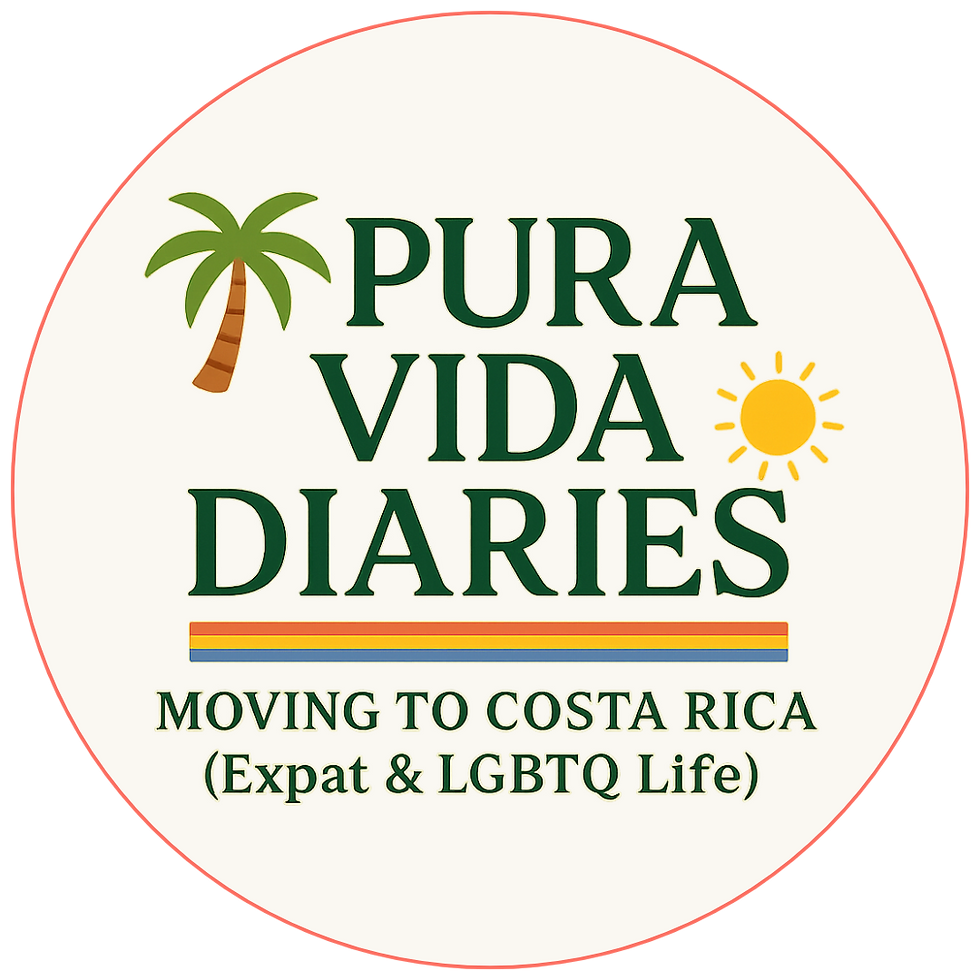Culture Shock in Costa Rica: Why It’s the Best Thing That Ever Happened to Me (Pura Vida, Baby)
- Waymon Hudson

- Oct 8, 2025
- 4 min read
Updated: Nov 6, 2025

Everyone asks me: “What’s the biggest difference about living in Costa Rica?” My answer? Culture shock. But not the scary kind. The life-changing, soul-reset kind. Costa Rica forces you to slow down, connect, and live in ways you didn’t even know you were missing. And honestly? It’s the best thing that’s ever happened to me.
1. Slowing Down (for Real This Time)

In the U.S., we glorify the grind. Busy = worthy. Hustle = holy. In Costa Rica? “Busy” is what you say when a sloth is crossing the road.
Here, mornings are for coffee on the porch, listening to the jungle (sometimes monkeys, sometimes birds, sometimes both). Stores open when they open. The repairman might come today… or Friday… or maybe after his cousin’s birthday party.
Lesson: The world won’t end if you don’t refresh your inbox at 6 a.m. But your blood pressure might thank you.

2. Time Is Flexible (and That’s Beautiful)
Your friends will say “see you at 5,” which might mean anywhere between 5:15 and 7:30. Dinner isn’t a quick “eat and dash” — it’s a two- or three-hour experience where the point isn’t efficiency, it’s connection.
Pro tip: Don’t double-book. And let yourself enjoy the long game.

3. Greetings Matter (and They Should)
Every errand starts with a greeting. Walking into a store without saying buenos días is like walking into someone’s house and ignoring the host.
It’s small, but it changes everything. Being acknowledged as a person in every interaction feels radical compared to the U.S. “self-checkout, don’t make eye contact” culture.

4. Bureaucracy = A Masterclass in Patience
Yes, paperwork here is… slow. Think sloth-in-August slow. Whether it’s getting a driver’s license, registering for the Caja, or opening a bank account, prepare for photocopies of photocopies.
It’s frustrating, sure. But it also forces you to unclench, breathe, and grab another coffee.

5. Money Isn’t King - Relationships Are
Costa Rica runs on relationships, not dollars. Your neighbor, your feria vendor, your landlord — these connections are your real currency.
Treat people with kindness and respect, and doors (literal and metaphorical) will open.

6. Quick Takeaway
Culture shock in Costa Rica isn’t about struggle — it’s about unlearning the toxic pace and misplaced priorities you thought were normal. You’ll still miss efficiency sometimes, but you’ll gain a life where connection > convenience.
Costa Rica didn’t just slow me down — it made me present. And if you let it, it’ll do the same for you. Also check out the rest of the Pura Vida Diaries Blog Series:
Part 1: Moving to Costa Rica: Why I Chose Here Out of Anywhere in the World
Part 2: Thinking of Moving to Costa Rica? Cost of Living, Rent & Reality Check
Part 3: Residency in Costa Rica: How to Stay Legally (Without the Border-Run Headache)
Part 4: How to Be a Good Immigrant in Costa Rica (a.k.a. Don’t Be “That” Expat)
Part 6: Pets in Paradise: Bringing Your Dog or Cat to Costa Rica — and Why You Might Adopt One Here
Part 7: Culture Shock in Costa Rica: Why It’s the Best Thing That Ever Happened to Me (Pura Vida, Baby)
Part 9: Learning Spanish in Costa Rica: A Fun (and Honest) Guide for Expats Who Aren’t 22 Anymore
Part 10: Remote Work in Costa Rica: Jungle Wi-Fi, Time Zones, and the Digital Nomad Life
Part 11: Costa Rica Expat Challenges: The Hard Stuff No One Posts on Instagram
Basically? If you’ve ever Googled “Can I really move to Costa Rica?” …this series is your sign.
FAQ: Culture Shock in Costa Rica
What is culture shock in Costa Rica like?
Culture shock in Costa Rica often means adjusting to a slower pace, flexible schedules, a focus on community, and more face-to-face interaction. It’s less about stress and more about learning patience, presence, and connection.
What’s the biggest adjustment for expats in Costa Rica?
The biggest adjustment is slowing down. From waiting in long bureaucratic lines to dinners that stretch for hours, life here prioritizes people and relationships over speed.
Is Costa Rica culture friendly to expats?
Yes. Costa Ricans (Ticos) are warm, welcoming, and community-focused. Expats who respect the culture, greet people properly, and embrace the pace of life integrate more easily.
Does Costa Rica have culture shocks compared to the U.S.?
Definitely. Punctuality, bureaucracy, and customer service move slower than in the U.S. — but you gain richer connections, stronger communities, and a healthier daily rhythm.
How does culture shock change your lifestyle in Costa Rica?
It shifts your priorities. You trade rushing for presence, transactions for relationships, and hustle culture for pura vida — which can make life feel more fulfilling and joyful.
📲 Follow Me
Want more than just the weekly blog drop? Let’s hang out everywhere:
🎥 YouTube → deep-dive videos of each blog (perfect for bingeing with coffee)
📸 Instagram → my daily life here (sunrises, dogs, jungle sweat, and a few shirtless selfies)
🎬 TikTok → the fun, fast, and slightly thirsty version of this expat adventure
👥 Facebook → where community + conversation actually happen
📰 Substack → longer reflections, essays, and behind-the-scenes of this wild queer jungle life
👉 Come along — because this isn’t just me telling you my story, it’s an invite to imagine what yours could look like too.




Comments